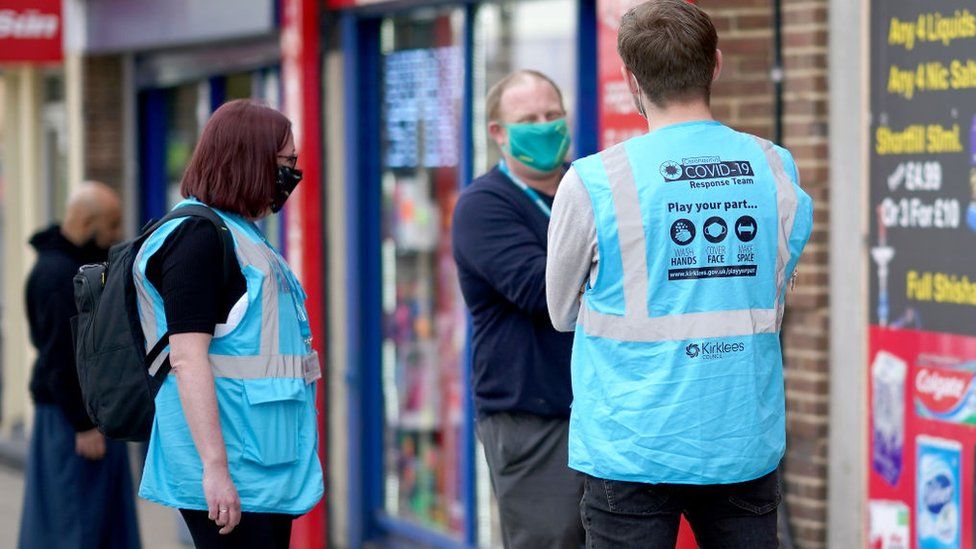
In the last week of May, the incidence of COVID-19 infections in England nearly doubled, and the predicted reproduction “R” number crept higher as the “Delta” form grew more frequent, raising concerns about the country’s unlocking plans.
COVID-19 limitations in England are set to expire on June 21, but the rapid spread of the Delta form, which was initially discovered in India, has put the deadline in jeopardy. Boris Johnson, the British Prime Minister, said on Wednesday that he would be careful about relaxing limitations, but said there was no reason to expect a delay based on existing statistics.
However, the Office for National Statistics said on Friday that in the week ending May 29, an estimated 1 in 640 persons in England had COVID-19, up from 1 in 1,120 the week before, marking the highest proportion since the first half of April.
The reproduction “R” number in England was projected to be 1.0 to 1.2 – the second week it was over 1 – and the pandemic might be expanding at a rate of up to 3% per day, according to the British health ministry.
When asked if the statistics was trending in the wrong direction, Health Secretary Matt Hancock said the increase in instances was unsurprising given the recent loosening of regulations.
”What matters is the impact on the number of people who end up in hospitals for any given number of cases,” he told Reuters during a G7 ministerial conference in Oxford, central England, on Friday.
The vaccination has disrupted that relationship, but it hasn’t been totally severed yet, and that’s one of the things we’re keeping an eye on.” He said it was too early to determine what the ultimate decision on relaxing lockdown would be until data was analysed.
According to official data, Britain as a whole recorded 6,238 new coronavirus infections on Friday, the biggest number since late March and up from 5,274 on Thursday. However, the number of deaths remained low, with just 11 more recorded, showing the efficacy of a vaccination programme that reached three-quarters of people with one dose and slightly over half with two.
Two injections of COVID-19 vaccination were virtually as successful against the Delta form as they were against the UK type, according to Public Health England. The Delta version, which is presently the most common in the United Kingdom, according to Public Health England, is thought to spread more rapidly than the previously dominant UK variant, although experts say that vaccines still offer protection against severe disease.







